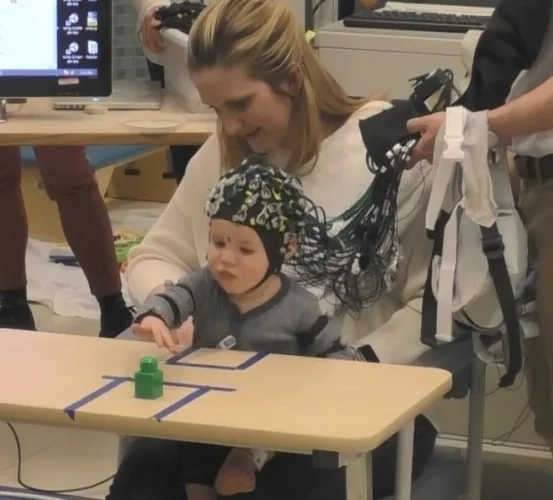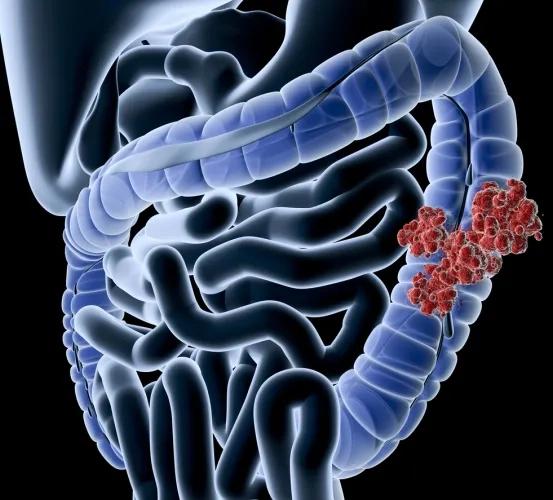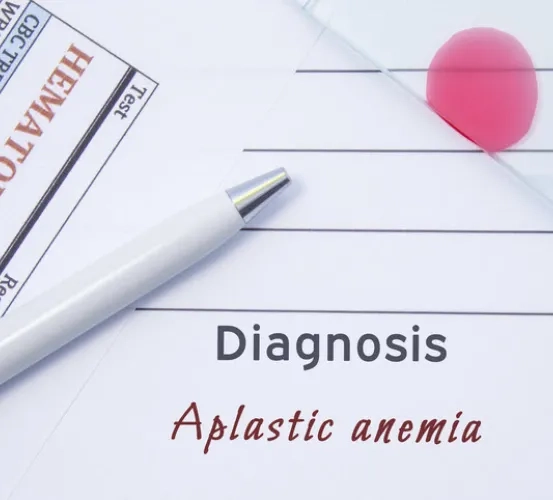
Phase II Trial Evaluating Nivolumab in Patients with IDH-Mutant Gliomas with and without Hypermutator Phenotype
National Cancer Institute (NCI) researchers are conducting a study of patients with IDH-mutated gliomas. This study will test whether stimulating the immune system using the drug nivolumab can shrink recurrent IDH-mutant gliomas with and without hypermutator phenotype or increase the time it takes for them to grow or spread.

Genotype -Phenotype Correlation of PKLR Variants with Pyruvate Kinase, 2,3-Diphosphglycerate and ATP Activities in Red Blood Cells of Patients with Sickle Cell Disease

Low-Dose Danazol for the Treatment of Telomere Related Diseases
Researchers at the National Institutes of Health (NIH) are studying if the medication danazol can be used to treat people with short telomere disease who also have bone marrow failure, liver, or lung disease. In recent studies, danazol, at high doses, showed a positive influence on telomere length. Additional research is needed to learn more about the role of different doses of danazol on telomere disease as well as its effects on secondary diseases.

Near-infrared Spectroscopy and Electroencephalography to Assess Cortical Activation During Motor Tasks in Infants and Toddlers with or at high-risk for Cerebral Palsy and Autism Spectrum Disorder Compared to Infants and Toddlers with Typical Development

An Open-Label, Proof of Concept Study of Vorinostat for the Treatment of Moderate-to-Severe Crohn s Disease and Maintenance Therapy with Ustekinumab

Tailoring Mobile Health Technology to Reduce Obesity and Improve Cardiovascular Health in Resource-Limited Neighborhood Environments

Eltrombopag for People With Fanconi Anemia
Fanconi anemia is a rare genetic disorder that mostly affects children and often leads to bone marrow failure. Researchers at the National Institutes of Health (NIH) are investigating a new drug to improve blood counts in individuals diagnosed with Fanconi anemia. Eltrombopag is an oral drug that mimics a special protein that causes the body to make more platelets. Currently eltrombopag is used to treat low platelet counts in patients with hepatitis C and chronic immune thrombocytopenic purpura (ITP). Researchers are evaluating if this new drug will improve blood cell counts in individuals diagnosed with Fanconi anemia.

Unrelated Umbilical Cord Blood Transplantation for Severe Aplastic Anemia and Hypo-plastic MDS using CordIn(TM), Umbilical Cord Blood-Derived Ex Vivo Expanded Stem and Progenitor Cells to Expedite Engraftment and Improve Transplant Outcome
Treatment of severe aplastic anemia (SAA) and myelodysplastic syndrome (MDS) usually involves a bone marrow transplant. Researchers at the National Institutes of Health (NIH) are testing ways to make transplant using unrelated donor cells from umbilical cord blood safer and more effective. We hope these procedures will reduce post-transplant complications and improve transplant outcomes.

